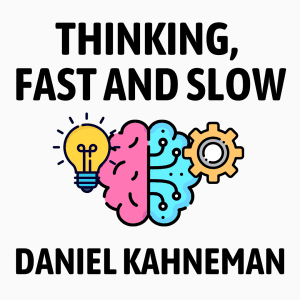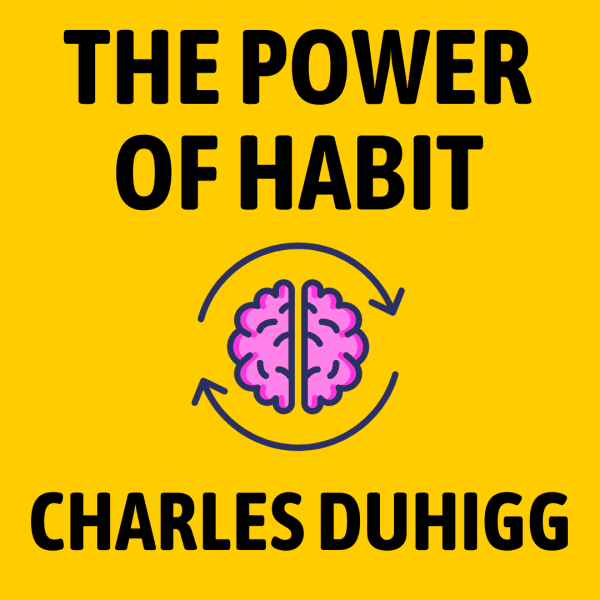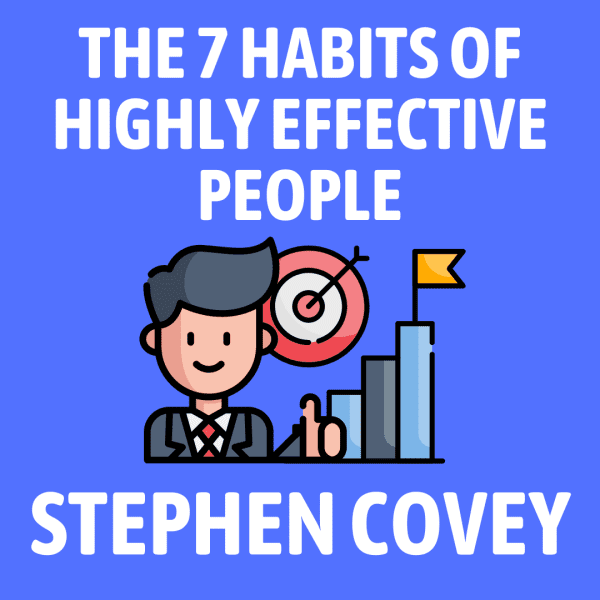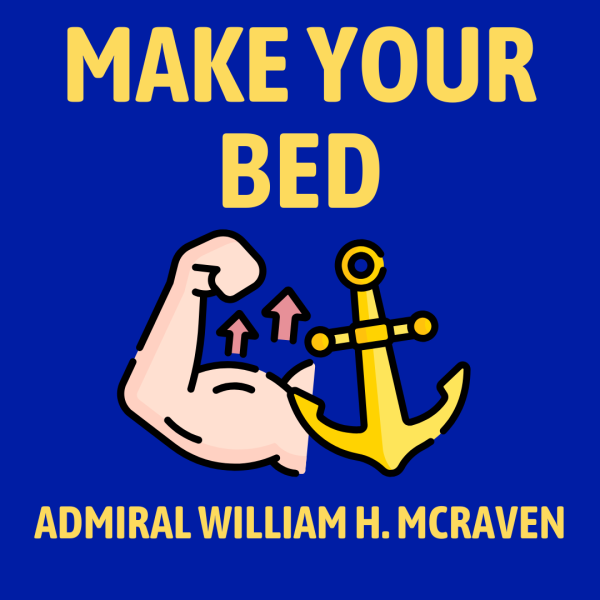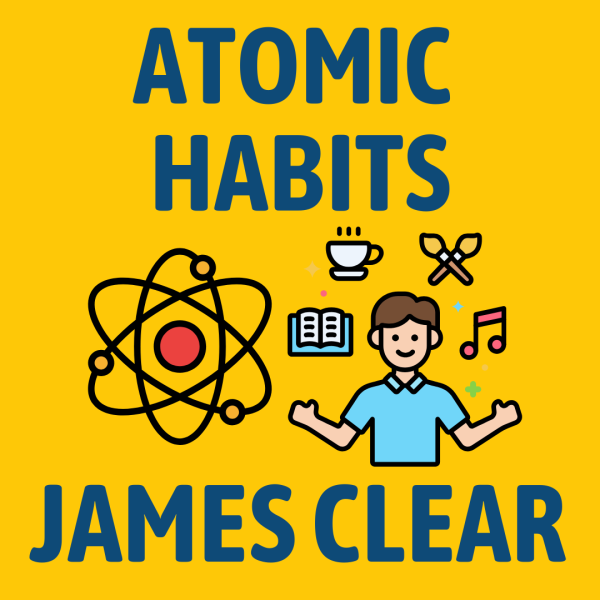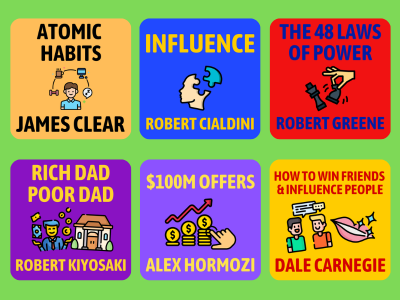Grit says being a top achiever is less about natural talent and more about your "grit," which means working consistently and staying interested in one direction for multiple years.
Angela Duckworth shares research on how we can become grittier, and help others do so too.
The Power of Habits by Charles Duhigg is a deep dive into the science of how habits work.
If you want to change your habits but don't know where to start, this book can help you.
It provides a simple 3-step formula called "The Habit Loop" to break bad habits and build better ones.
Why read it?
Charles Duhigg's book first popularized the habit loop - the idea that all our habits follow a cycle of "cue-routine-reward." More importantly, he gave practical ways we can "hack" the steps of this loop to take back control of our habits and our lives.
Before Atomic Habits, this was THE go-to book on habits and it is still well worth reading. (For psychology nerds, the habit loop was actually based on the psychologist B.F. Skinner's work that described a 3-step process of stimulus, response, and reinforcement.
Basically, his theory explains why your dog turns into a slobber machine the second you rustle their treat bag. 🐶
The 7 Habits of Highly Effective People is about becoming more effective at reaching our goals and leading others.
Stephen Covey says his teachings are based on timeless principles like personal responsibility, empathetic listening, and treating others with fairness.
Why read it?
This book teaches 7 key principles that you can apply to almost any area of life, kind of like a Swiss Army knife for personal development.
Stephen Covey shifts focus from the surface-level pursuits of busyness and status to the character ethic - which says true success is about who we are, not just what we achieve.
After all, being busy isn't a personality trait, no matter how much we pretend it is on social media. 🤷♂️
Thinking, Fast and Slow explains how people make decisions using two mental systems: "fast" thinking is instinctive and emotional, while "slow" thinking is deliberate and logical.
Daniel Kahneman helps us understand our when our mind fall into common biases and irrational shortcuts, so we can make better decisions in the future.
Make Your Bed by Admiral William H. McRaven shares lessons he learned as a Navy SEAL.
It’s all about how small habits, like making your bed every morning, can lead to bigger successes in life.
It also teaches you how to stay strong during tough times, work well with others, and never give up.
Why read it?
You should read Make Your Bed because it’s super inspiring and easy to read.
Unlike many self-help books, it’s refreshing because it’s based on real-life stories from the author's Navy SEAL training and war experience in Iraq and Afghanistan.
Admiral McRaven uses powerful personal examples, like recovering from a brutal skydiving accident or enduring 16 hours covered in mud, to show how discipline and mindset can help you succeed in life.
Atomic Habits is about how tiny, consistent changes in behavior—atomic habits—can lead to remarkable results over time.
James Clear breaks down the science of habit formation and gives a clear, actionable 4-step system for building good habits and breaking bad ones.
Instead of focusing on goals, he emphasizes systems, identity change, and the power of compound growth.
Why read it?
If you’ve ever told yourself “This is the year I get my life together!” and then immediately binge-watched three seasons of a show you don’t even like… Atomic Habits is the book for you.
It’s not about grinding harder or becoming a productivity robot—it’s about sneaky, science-backed ways to trick your brain into becoming the kind of person who actually follows through.




